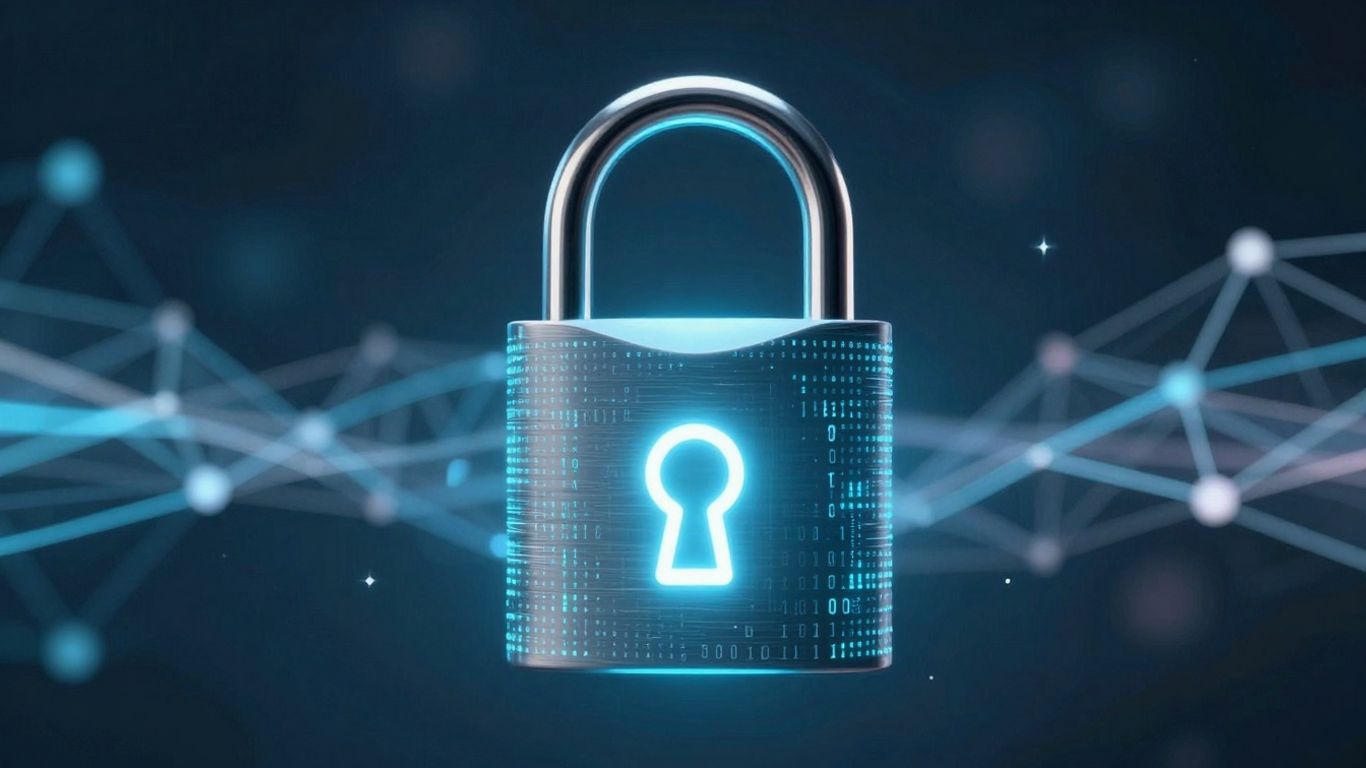[ newsletter ]
Stay ahead of Web3 threats—subscribe to our newsletter for the latest in blockchain security insights and updates.
Thank you! Your submission has been received!
Oops! Something went wrong. Please try again.
Explore the latest trends in crypto hacking for Q1 2024, highlighting a significant decrease in losses and ongoing security challenges in the cryptocurrency ecosystem.





The first quarter of 2024 has brought a significant change in the cryptocurrency security landscape, with a notable decline in losses due to scams and hacking incidents. According to a recent report by Immunifi, the industry is witnessing improvements in security protocols and user awareness, leading to a more resilient ecosystem.
Despite the overall decrease in losses, crypto hacking remains a primary concern, accounting for the vast majority of financial damages in the sector. The report indicates that while scams accounted for only 4% of losses, hacking incidents continue to exploit vulnerabilities in digital wallets and exchanges.
Crypto hacking typically involves the compromise of user credentials, which can occur through various methods:
These tactics emphasize the need for robust security measures, such as multi-factor authentication and user education to mitigate risks.
In February 2024, decentralized finance (DeFi) networks were particularly vulnerable, suffering losses exceeding $67 million across multiple incidents. Notable breaches included:
The report suggests that while security measures are improving, the decentralized nature of DeFi platforms presents unique challenges that hackers continue to exploit.
One of the most significant attacks in early 2024 involved Orbit Chain, which lost $81 million due to a breach of its cross-chain bridge. The hacker utilized a privacy protocol to obscure their identity, transferring stolen assets to multiple wallets. This incident underscores the ongoing vulnerabilities within the cryptocurrency ecosystem, despite a decrease in overall losses compared to previous years.
While the decline in losses is a positive sign for the cryptocurrency industry, the persistent threat of hacking remains a critical issue. Stakeholders must prioritize enhancing security protocols, conducting regular audits, and educating users to safeguard against evolving cyber threats. The first quarter of 2024 serves as a reminder that vigilance and proactive measures are essential to ensure the integrity and security of the cryptocurrency landscape moving forward.


